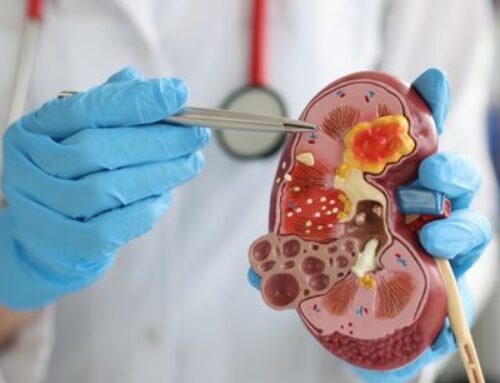Hypertension is a common medical condition that affects millions of people worldwide. When hypertension occurs during pregnancy, it is referred to as gestational hypertension. This can pose a serious risk to both the mother and the baby. In this blog, we will explore the risks associated with hypertension in pregnancy, as well as management and treatment options.
What is Hypertension in Pregnancy?
Hypertension, also known as high blood pressure, is defined as a blood pressure reading of 140/90 mm Hg or higher. Hypertension can also be a pre-existing condition before pregnancy or develop during pregnancy, this condition is called chronic hypertension.
Risks
Hypertension in pregnancy can lead to various complications, including:
- Preeclampsia: This is a serious complication of hypertension in pregnancy that can lead to preterm birth, low birth weight, and even maternal and fetal death.
- Premature delivery: Women with hypertension in pregnancy are at an increased risk of delivering their babies prematurely, which can lead to a host of health problems for the newborn.
- Fetal growth restriction: High blood pressure can interfere with the baby’s ability to get enough nutrients and oxygen from the mother, leading to slow growth and a low birth weight.
- Placental abruption: This occurs when the placenta separates from the uterine wall before delivery, leading to serious bleeding and potentially compromising the baby’s oxygen supply.
Management and Treatment
The management and treatment of hypertension in pregnancy depend on the severity of the condition and how far along the pregnancy is. Here are some possible options:
- Monitoring blood pressure: Women with hypertension in pregnancy will need regular blood pressure monitoring to ensure it is under control.
- Medications: In some cases, medications may be needed to lower blood pressure. However, not all medications are safe during pregnancy, so a healthcare provider will need to carefully consider which medication to prescribe.
- Lifestyle changes: Simple lifestyle changes such as reducing salt intake, engaging in regular exercise, and managing stress can help lower blood pressure and reduce the risk of complications.
- Early delivery: In severe cases, early delivery may be necessary to protect the health of the mother and baby.
Regular prenatal care and monitoring, along with proper management and treatment, can help minimize the risks of gestational hypertension and ensure the best possible outcomes for both mother and baby.
Our providers at Richmond Nephrology Associates can answer any questions you have about hypertension. Request an appointment online.





